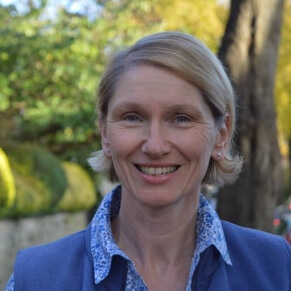 I was born in the pit village of Royston, near Barnsley, in 1965 in the shadow of a coking plant with flames shooting into the sky from tall chimneys, and a massive slag heap from Monkton Colliery dominating the skyline. The coal lorries roared up and down my street hauling raw coal and smokeless fuel to cleaner parts of the country. Places where burning smoky fossil fuels was banned, cities that cared about protecting their community from the hazardous toxic fallout produced by fossil fuels that my village was drenched in.
I was born in the pit village of Royston, near Barnsley, in 1965 in the shadow of a coking plant with flames shooting into the sky from tall chimneys, and a massive slag heap from Monkton Colliery dominating the skyline. The coal lorries roared up and down my street hauling raw coal and smokeless fuel to cleaner parts of the country. Places where burning smoky fossil fuels was banned, cities that cared about protecting their community from the hazardous toxic fallout produced by fossil fuels that my village was drenched in.
There’s a correlation between air pollution and illness. My mother is slowly dying from Chronic Obstructive Pulmonary Disease and my father died less than two years after he retired from heart and lung disease. My mother encouraged me to get an education and to leave Royston, and I did.
However, I ended up settling in the city of Newcastle, Australia, the home of my partner, and as luck would have it, home to the biggest coal port in the world.
Now you can understand why I became a Green Party activist.
One of the first books to influence me was The Limits to Growth, it was written in 1970 but I didn’t read it until I was 25. The book predicted that the global system of nature could not support continual increases of population, agricultural production, fossil fuel use, industrial output, and pollution generation.
Now we know The Limits to Growth prediction was right, the planet cannot provide endlessly for humanity. The Earth will live on, but humanity may not if we continue at our current pace.
I’m relieved to see the increasing adoption of Green Party policies and ideas by other political parties. We must be focused on the most important goals – nurturing and protecting the world. Working together for the benefit of not just our species, but the natural world as a whole MUST supercede party politics.
In the end, it doesn’t matter who delivers the changes we need to see, all that matters is that we do change.
The rejection of fossil fuels through divestment is an important way of putting pressure on fossil fuel companies. They must adapt and use their skills and ingenuity for solving the climate crises, not hastening it.
The hazards we face require us all to be more systemic in our thinking, to realise that everything is connected and the consequences of our choices create ripples. We need to think through what the effects might be, not just on humans or on the economy but much more broadly – to the entire biosphere.
Climate science suggests that providing we can stay below a 2C increase we can live indefinitely on the earth if we impose limits on ourselves to achieve a global equilibrium.
Considering the current state of the world, it’s a struggle to feel optimistic about achieving this.
So I ask you, can we make a start in this chamber today?
Can we reach an agreement to follow Waltham Forest Borough Council’s example and become the first City council to exclude fossil fuels from our investment strategy?
I certainly hope so.
